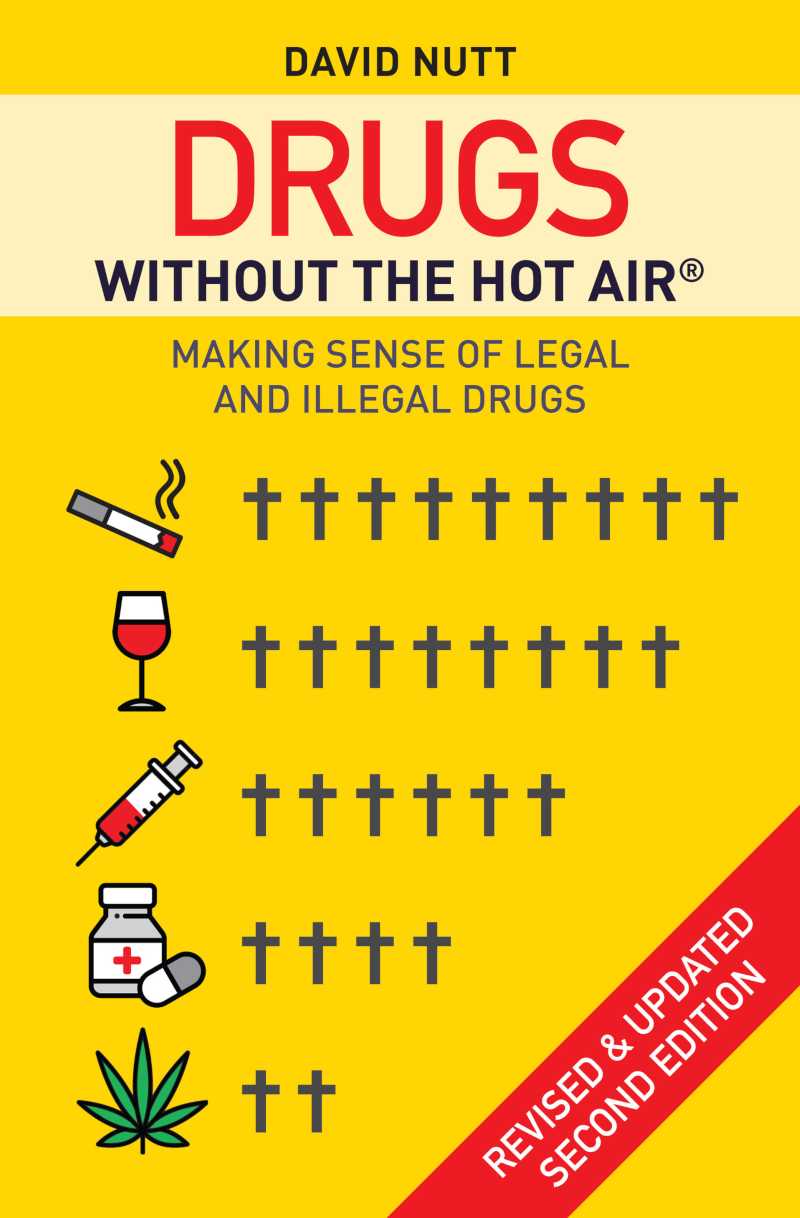How Drug Abuse Affects Your Health
When you take a drug, your brain gets extra chemicals called dopamine. This gives you a feeling of intense pleasure.
https://hbrecoverycenter.com/t....reatment/dual-diagno
Over time, these dopamine levels change how your brain works. This makes it harder to control your drug use. You'll find yourself using more and more drugs to get the same effect, until you become addicted.
Physical and Mental Health Problems
Drug abuse can have a serious impact on your physical health. It can also make you more vulnerable to mental health problems such as depression, anxiety or bipolar disorder.
Drugs affect the way your brain works by altering the chemicals that keep your neurons in balance and rewiring your nervous system. These changes can cause a range of psychological symptoms such as paranoia, aggression, hallucinations and depression.
Young people are particularly vulnerable to these effects. They are more likely to develop a substance use problem than adults and more likely to be affected by overdose and other physical health issues.
Drugs can have a serious impact on your physical and mental health and can cause serious damage to your relationships with family and friends. They can also have negative consequences for you at work and in school.
Addiction
Drug abuse is a serious health issue that affects millions of people. Whether it's heroin, alcohol, marijuana or any other drug, drug addiction causes harm to the body and mind.
When you take a drug, it stimulates a brain area that produces chemicals (called neurotransmitters) that produce feelings of pleasure and reward. These chemicals are called dopamine, and they help control your emotions, motivation and feelings of happiness or satisfaction.
The release of these chemicals triggers a feeling of "high" that differs with the type of drug you are taking. For example, with stimulants like cocaine, the high is accompanied by increased energy and self-confidence.
Over time, these changes in the brain interfere with normal brain function and can result in addiction. Once addicted, a person can't stop using despite harmful consequences and often feels they need the drug to function. They may also feel a need to take large amounts of the drug just to feel normal.
Overdose
Overdose can happen when you take more than the recommended amount of a drug, alcohol, or medication. The effects of an overdose can be very dangerous.
In addition to the physical symptoms, an overdose can also cause mental health problems. These can include hallucinations, confusion, and paranoia.
People who are struggling with addiction to drugs should seek treatment in a rehab center. During a treatment program, they will receive therapy, counseling, and medical care that can help them heal and learn to live healthy lives without drugs.
Overdoses can occur when someone takes a large dose of a drug, such as heroin or cocaine, or when they mix illegal drugs with prescription medications. This can cause overdoses because the person’s body cannot cope with all of the drug.
Death
Addiction to drugs may cause a number of different health problems. Some of these include mental health disorders, infectious diseases (such as HIV) and behavioural changes that can lead to relationship and family problems.
Drug abuse can also result in physical problems such as overdose and death. There are many factors that contribute to the occurrence of these health conditions and these can vary depending on what drug is being used and how often.
There is a lot of research that shows drug abuse and overdose can cause a wide range of physical and mental health problems. Some of these health problems are short-term and others can be more serious.


